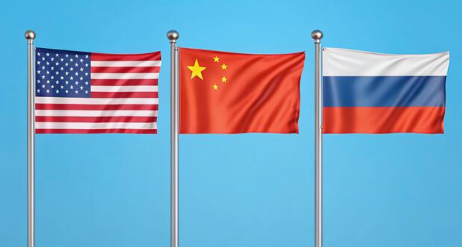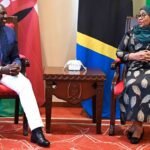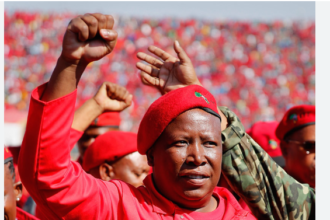By Emily Sims
WASHINGTON D.C. – The United States is signaling a shift in its approach to Africa, dialing back its direct military involvement and urging African nations to take a more proactive role in their own security. This change in strategy has sparked debate over whether the US risks losing ground to rising Russian and Chinese influence in the region.
The shift was particularly noticeable during African Lion 2025, the largest military exercise held on the African continent. While the month-long drills, involving 40 nations across Morocco, Ghana, Senegal, and Tunisia, showcased joint land, air, and naval exercises, including advanced technology like drones and satellite-guided missiles, the overarching message from the US was clear: it’s time for African nations to shoulder more of the security burden.
“We need to be able to get our partners to the level of independent operations. There needs to be some burden sharing,” stated General Michael Langley, the top U.S. military commander for Africa, in a recent interview with the Associated Press.
This strategy aligns with a broader foreign policy shift, echoing sentiments from the Trump administration that prioritized homeland security and encouraged allies to assume greater responsibility for regional stability. General Langley emphasized this point, stating, “We have our set priorities now—protecting the homeland. And we’re also looking for other countries to contribute to some of these global instability areas.”
However, the revised approach comes at a critical juncture. Africa is grappling with a resurgence of Islamist threats across various regions, creating a security vacuum that Russia and China are eager to fill. Both nations have been actively expanding their presence on the continent, offering arms sales, military training programs, and economic partnerships designed to bolster their strategic influence.
Critics argue that the US’s reduced military footprint could inadvertently create opportunities for Russia and China to deepen their relationships with African nations, potentially undermining long-term US interests and values. They fear that by stepping back, the US risks allowing these nations to become increasingly reliant on alternative security partners, potentially with less stringent standards regarding human rights and democratic governance.
Proponents of the new strategy, on the other hand, argue that it promotes African ownership and sustainability in security matters. They believe that fostering independent capabilities within African nations is ultimately more effective than relying solely on external intervention. They also suggest that focusing on economic development and diplomatic engagement alongside security assistance can create a more resilient and prosperous Africa, less susceptible to external manipulation.
Whether the US’s “burden sharing” strategy will succeed in fostering stability and security in Africa while countering the growing influence of Russia and China remains to be seen. The evolving dynamics on the continent will undoubtedly be closely monitored by policymakers and analysts alike as the US navigates this complex and strategically vital region.









